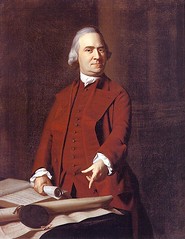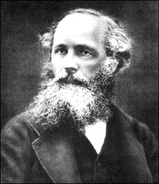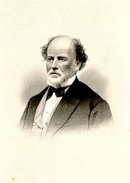When "All" Does Not Mean All
_________________________
Some misled Christians believe that the "all," found in the following verse, Matthew 11:28 "Come to me, all you who are weary and burdened and I will give you rest."
refers to everyone, everywhere. However, in this case, as in many other instances, "all" does not mean all.
One of the common mistakes many readers of the Bible make is not understanding what is being said in the context in which the statement is being made. To understand the context of the above often quoted and well known invitation for the weary and burdened to come to Christ and ease their burden, we need to back up to verse 5 of the previous chapter 10.
5 These twelve Yahshua sent out, commanding to them saying: “You should not depart into the way of the heathens, and you should not enter into a city of Samaritans. 6 But rather you must go to the lost sheep of the house of Israel. [Finck Translation]
In these two verses, we have the clear command of the Lord to his disciples to not go to the heathens nor to the Samaritans; and that they must go to the lost sheep of the house of Israel.
Also, in a later passage, we have the Lord clearly stating:
"I have not been sent except to the lost sheep of the house of Israel!” Matthew 15:24
Sandwiched between the command of the Lord to "go to the lost sheep of the house of Israel" and His, "I have not been sent except to the lost sheep of the house of Israel," we have the invitation to all to "Come unto me." Who is this all?
Obviously, it is all those lost sheep of the house of Israel.
Further, we see in Chapter 11:16, Christ is speaking to and of a certain race of people:
16 But to what shall I compare this race?
Who is this race [ethnos] of people? Eleven of the twelve disciples were from the tribe of Benjamin, Judas of Iscariot, an Edomite, being the lone exception. Christ is speaking in Galilee, [verse 1 of Chapter 9] and mostly to members of the tribes of Israel, the inhabitants of Galilee, Benjamites and Judahites, predominate among them.
In sum, Christ is speaking in an area inhabited by Benjamites and Judahites, to the race of Israelites of the house of Israel. To those He issued His invitation.
Surely, the invitation is to the "all" of the house of Judah, to "all" those of the house of Israel.
Reminds me of the motto of the Three Musketeers:
"All for one, one for all" ("tous pour un, un pour tous") All the world for one [of us] and one [of us] for all the world? Of course not.
Neither does the "all" of Matthew 11:28 refer to anyone other than those lost sheep of the house of Israel.



















